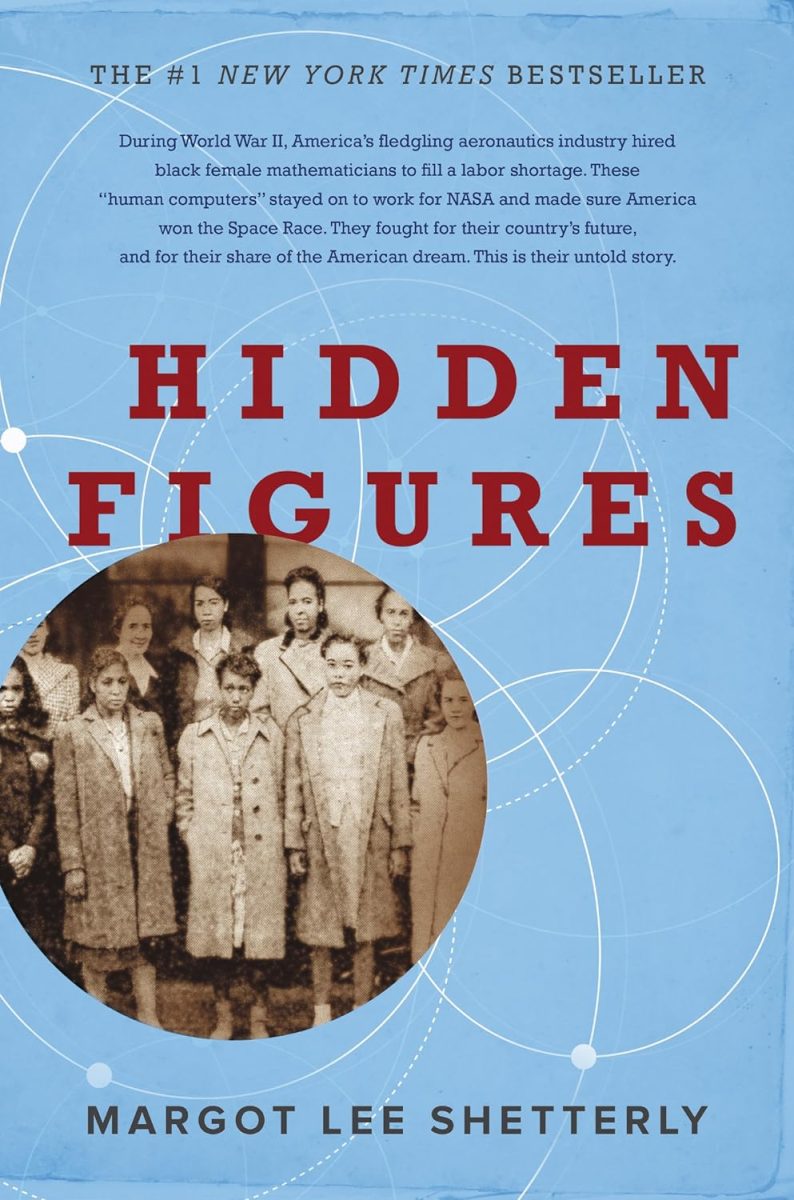Banned Books Week was September 22-28, 2024, and it celebrates intellectual freedom in the literary world. According to the American Library Association, 414 books have been banned since January 1- August 31, 2024. Established in 1982 in response to the sudden increase of challenges in schools and libraries, it drew attention to the efforts to restrict access to books, showing people the harmfulness of censorship.
St. Pius X Librarian Mrs. LeyAnna Messick said, “It brings to light the issue of censorship, and it brings up conversation over why books are important.”
Banning a book is no small feat; first it must be challenged. In order to challenge a book, you must fully read it and fill out a form explaining which part of the book you found offensive and why.
“[There is a] process so that if anybody does want to challenge a book that they can bring it to our attention,” said Mrs. Messick, “We have the library board, which would look at the book, read it and decide, and then present it to the principal [for a decision].”
The American Library Association notes that the majority of the books targeted contain people and/or characters of color and/or LGBQT+ people.
“There are a lot of books that are banned or challenged, that you grew up on.” Messick said.
Last year, over 10,000 books, including “The Color Purple” and “Harry Potter,” were banned in public schools all over the country.
For example, Marietta, Georgia, banned 45 books in early January of this year; the majority of those books were written by LGBQT+ authors or characters included in the book. This ban includes popular books such as “13 Reasons Why” and “Perks of Being a Wallflower.”
State legislatures have also had an impact in banning the book, passing bills that prevent books from being in the public schools.
Georgia’s S.B. 226 is a bill introduced that prohibits material considered “harmful to minors” in schools, but the bill is vague on what is considered harmful. Works considered harmful to minors are “prurient, shameful, or morbid,” according to the bill.
Other states have similar bills, including Iowa’s S.F. 496, which requires all books to be age appropriate and bans any mention of a description of a “sex act.” This bill has been interpreted to ban books with content related to sex and gender and it includes the Don’t Say Gay Bill, which discusses and books schools about LGBQT+ identity.
St. Pius X is not in favor of banning books, believing that it is important to expose students to as many aspects of the real world.
“We’re a Catholic library, so, you know, we want to have books that are in line with Catholic teaching,” said Mrs. Messick, “but we also are Catholics that live in the real world, and there are a lot of issues that students will face when they come out of here, or that they hear about in the news or connections with friends that we don’t want to prevent them from learning about.”
She added, “Books are what we call mirrors and windows [because] they mirror some people’s lives, and then they’re windows into other people’s lives that you may not know and you may not understand.”
Banned book weeks bring together the community of book-loving people who share belief in the freedom to seek and express knowledge.






